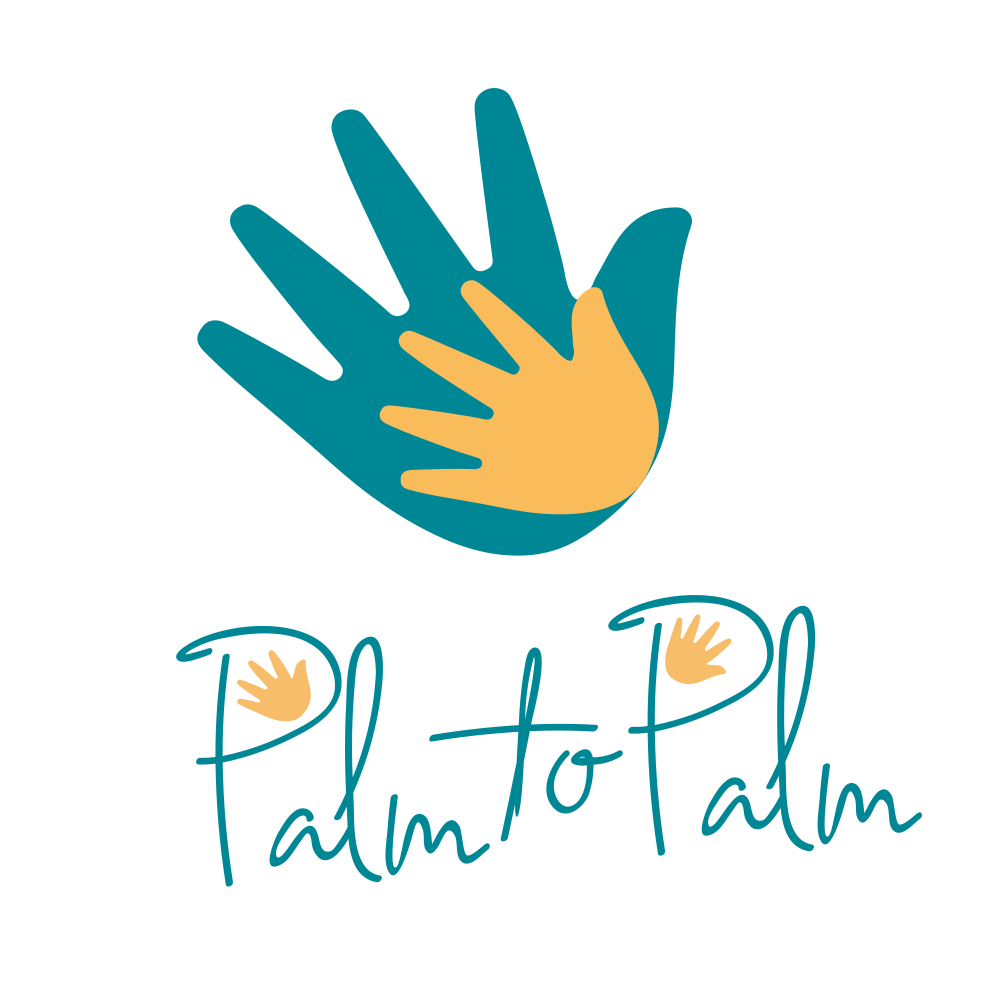Therapeutic Letters
What I love most about my work is that I get to be a part of people’s journey to achieve their goals and heal from the things that have consumed their life. Healing doesn’t happen overnight. It can be a grueling process of self observation and re-tuning. It never feels like an hour a week is enough time to spend focusing on getting well, so it becomes my mission to maximize the value of our hour together. One way I can enhance the session is through a Narrative therapy tradition, letter writing, therapeutic letter writing to be specific. We all know what a letter is, but a therapeutic letter may be unfamiliar to you.
A therapeutic letter is something that you receive from me, your therapist, after the session is complete. It usually attempts to summarize the session as well as bring to life any epiphanies during the session. In the letter I often offer questions to you either directly or indirectly. The letters can vary in format, length, and style, often changing as our work together progresses.
“Conversation is, by its very nature, ephemeral (or lasting for a very short amount of time). After a particularly meaningful session, a client walks away aglow with provocative new thoughts, but a few blocks away, the exact words that had struck home as so profound, may already be hard to recall. But the words in a letter don’t fade and disappear the way conversation does; they endure through time and space, bearing witness to the work of therapy and immortalizing it.”-David Epston
The goal behind these letters is to allow you to read and experience yourself and to allow the words and conversations that unfold during our time together to be documented and preserved, so we can build upon them during our future work. I have found that connection with clients between sessions can really help us jump start the session and go deeper in our conversation. Since my apprenticeship with Travis Heath, my approach to letter writing has shifted. I’ve been experimenting with different kinds of post session communications. Lately, I have moved away from traditional letters and have had a lot of unexpected success writing verse, using different poetic forms. These formats are often more metaphorical and direct and allow me to express what I’m understanding in a creative format that gives me a lot more freedom. Exploring new ideas that will best fit my clients’ needs is another aspect of my work that keeps me engaged. In a recent session, my client also wrote a haiku and we were both astounded to see the powerful similarities.
I found that communicating in an intentional way, between sessions, can greatly enhance the progress we can make. It also builds our therapeutic relationship which allows the work to go to unforeseen places. The feedback I receive from clients is overwhelmingly positive. If you ever get the chance, I highly recommend seeing a therapist who practices writing letters!
